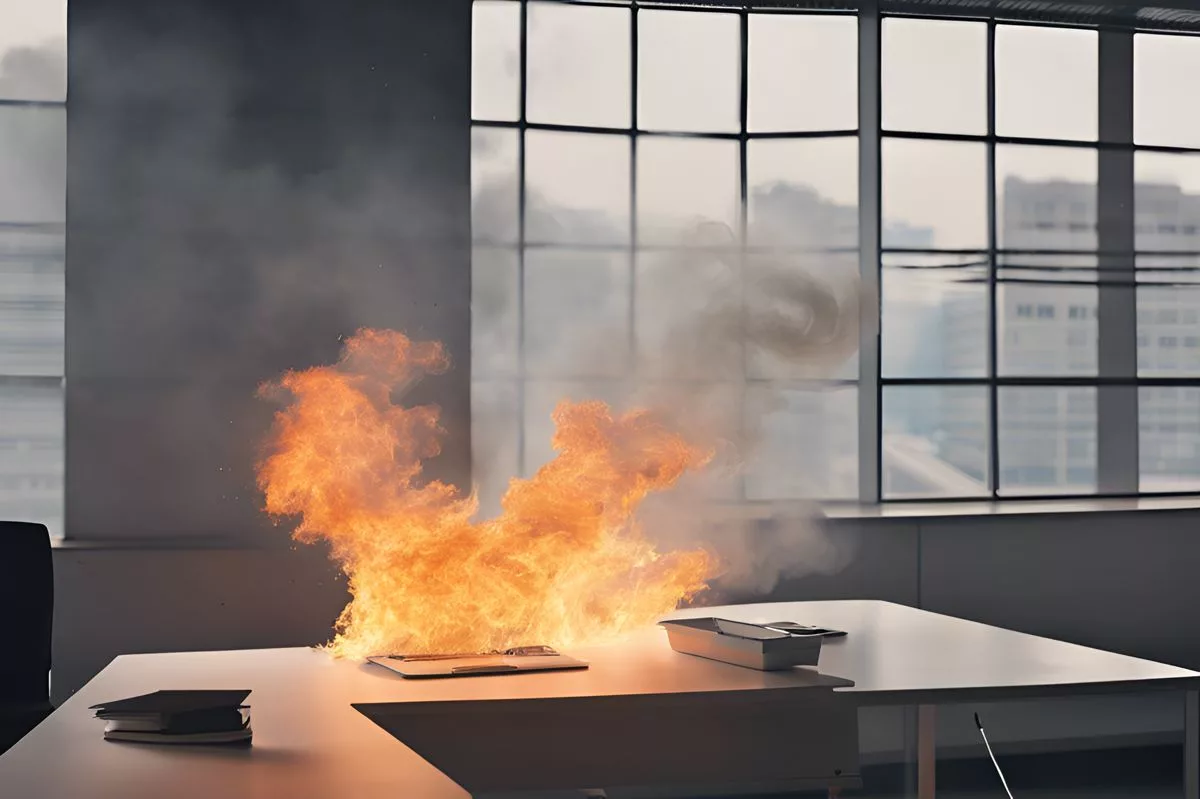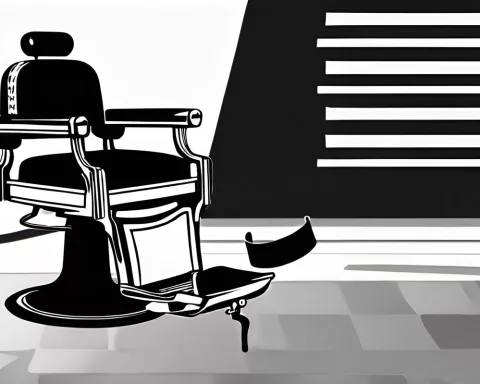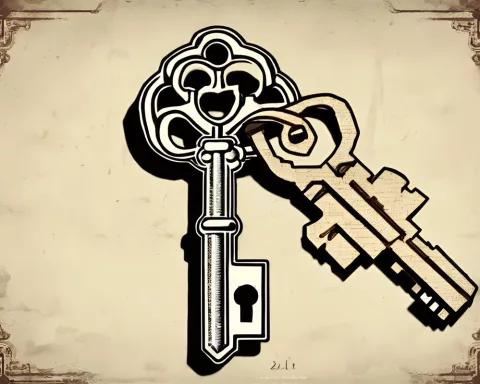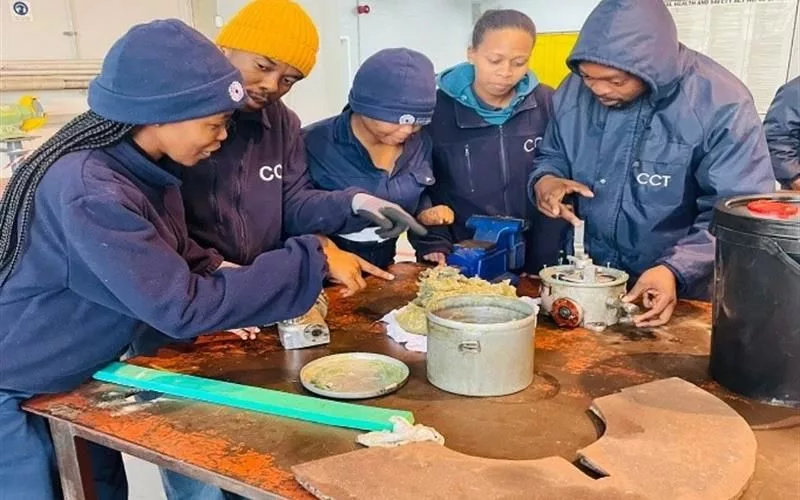The prestigious reputation of the University of Cape Town (UCT) has been tarnished by a controversy involving an associate professor and an alleged act of arson. While two investigations failed to link the professor to the fire, a former head of UCT’s Social Development Department accused the university of shielding him, leading to calls for a new investigation by the Department of Higher Education and Training. The allegations continue to attract significant public attention, and the final resolution remains uncertain.
What is the controversy surrounding the University of Cape Town (UCT)?
Recent events have brought a scandal to light, overshadowing the university’s otherwise prestigious image. Central to this debacle is an associate professor and an alleged act of arson. The controversy involves discrepancies and accusations, unsettling developments, and allegations, which have attracted significant public attention. The Department of Higher Education and Training (DHET) advised UCT to reinvestigate the matter.
The University of Cape Town (UCT) holds a distinguished place within the realm of higher education. Recent events, however, have brought a scandal to light, overshadowing the university’s otherwise prestigious image. Central to this debacle is an associate professor and an alleged act of arson.
The Incident Unfolds
In 2018, an inconspicuous office at UCT became a hotbed of controversy. A fire broke out, and as the smoke cleared, the puzzle of how it started started evolving. The office was occupied by Associate Professor Leon Holtzhausen, who was rumored to be involved in substance abuse. After the incident, Professor Ndangwa Noyoo, the former head of UCT’s Social Development Department and a whistle-blower, hypothesized that Holtzhausen had ignited the fire to eliminate potentially damaging evidence.
Upon receiving the news of the fire, the university initiated two separate investigations. The internal Campus Protection Services (CPS) led one in the year of the incident, and an independent party conducted the other in 2022. Unfortunately, neither inquiry conclusively linked Holtzhausen to the fire, and no recommended actions were brought forward.
Discrepancies and Accusations
Contrarily, Noyoo conveyed a different picture of the situation. According to him, the university was shielding Holtzhausen, with the second investigation introduced specifically to safeguard him. In Noyoo’s view, the university had constructed a false narrative to protect Holtzhausen’s reputation, a deception he fervently condemned.
Noyoo noted that the initial CPS investigation implicated Holtzhausen. The report included a video clip of Holtzhausen removing a box from his office during the fire and photographs suggesting substance abuse. Despite this compelling evidence, the subsequent external investigation deemed these findings inconclusive, and no actionable recommendations were provided.
Noyoo asserted that the university’s management should have taken more severe action based on the CPS report. He claimed that he had proposed disciplinary action against Holtzhausen, but his suggestions were ignored. To make matters worse, a senior manager allegedly absolved Holtzhausen, a decision Noyoo viewed as unacceptable and indefensible.
Noyoo believed Holtzhausen should have been subjected to a Preliminary Investigation Committee (PIC), a neutral body led by an independent deputy vice-chancellor who should have reviewed the charges against him. If found guilty, Holtzhausen should have been referred to the Committee of Inquiry (COI) for a more detailed investigation and potential dismissal. However, Holtzhausen was never brought before the PIC or COI.
Unsettling Developments and Allegations
The plot thickened when Professor Shose Kessi assumed the position of dean in 2019. In Noyoo’s account, she set up an impromptu committee comprising her confidants and Holtzhausen’s friends, purportedly leading to the dismissal of the charges against Holtzhausen. Noyoo also accused Kessi of orchestrating Holtzhausen’s appointment as HOD and hiring an investigator to examine the fire incident, apparently to deflect further scrutiny from Holtzhausen.
Noyoo’s interaction with the investigator, particularly her leading questions, cast doubt on the impartiality of the external investigation. He argued that the questions were biased, implying an effort to shift the blame to an unnamed student. This fueled Noyoo’s suspicion of a cover-up and led him to prematurely end the interview.
Elijah Moholola, the university’s spokesperson, confirmed that there was insufficient evidence to implicate Holtzhausen. However, Noyoo’s allegations have attracted significant public attention. Moholola further elucidated that at UCT, deans or line managers do not directly select investigators.
The Path Forward
As the allegations persist, the Department of Higher Education and Training (DHET) advised UCT to reinvestigate the matter. They recommended a new review of how the senior management addressed Holtzhausen’s alleged drug use, the organization’s structure, and the fire’s origin.
As the university anticipates the final report from the DHET, the controversy continues to brew. Uncovering the truth is vital for preserving the integrity of UCT and upholding academic standards. Yet, the final resolution hangs in the balance, pending a comprehensive and impartial investigation.
- What is the controversy surrounding the University of Cape Town (UCT)?
The controversy involves an associate professor and an alleged act of arson, with discrepancies and accusations of shielding from the university.
- What happened in the incident?
A fire broke out in Professor Leon Holtzhausen’s office, who was rumored to be involved in substance abuse. Ndangwa Noyoo, the former head of UCT’s Social Development Department, hypothesized that Holtzhausen had ignited the fire to eliminate potentially damaging evidence.
- What were the findings of the two separate investigations?
Neither inquiry conclusively linked Holtzhausen to the fire, and no recommended actions were brought forward.
- What are the discrepancies and accusations?
Noyoo claimed that the university was shielding Holtzhausen, and the second investigation introduced to safeguard him. The CPS report implicated Holtzhausen, but the subsequent external investigation deemed these findings inconclusive, and no actionable recommendations were provided.
- What are the unsettling developments and allegations?
Noyoo accused the dean of orchestrating Holtzhausen’s appointment as HOD and hiring an investigator to examine the fire incident, apparently to deflect further scrutiny from Holtzhausen. Noyoo’s interaction with the investigator, particularly her leading questions, cast doubt on the impartiality of the external investigation.
- What is the Department of Higher Education and Training’s advice?
The department advised UCT to reinvestigate the matter, including how the senior management addressed Holtzhausen’s alleged drug use, the organization’s structure, and the fire’s origin.












